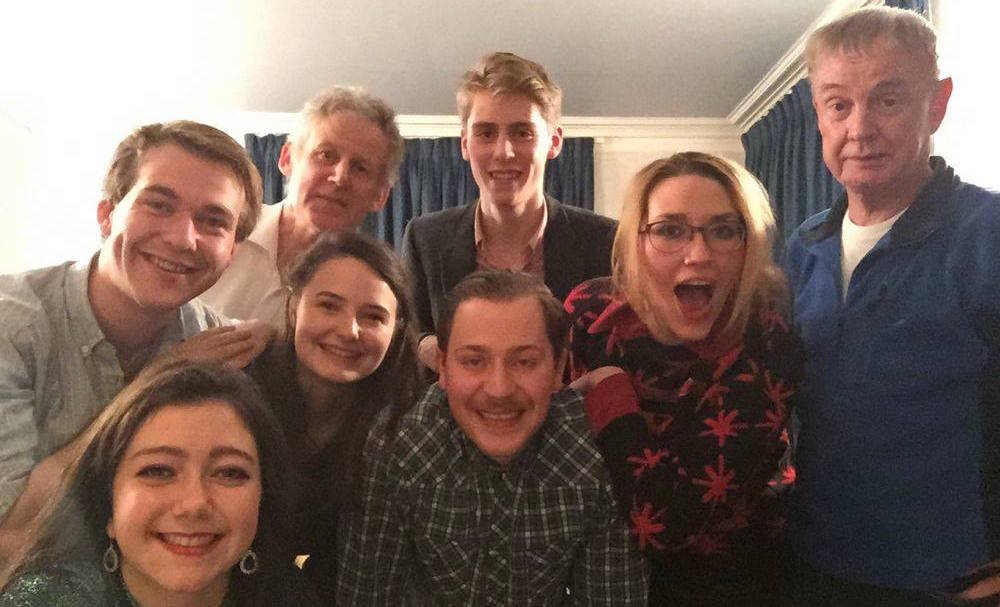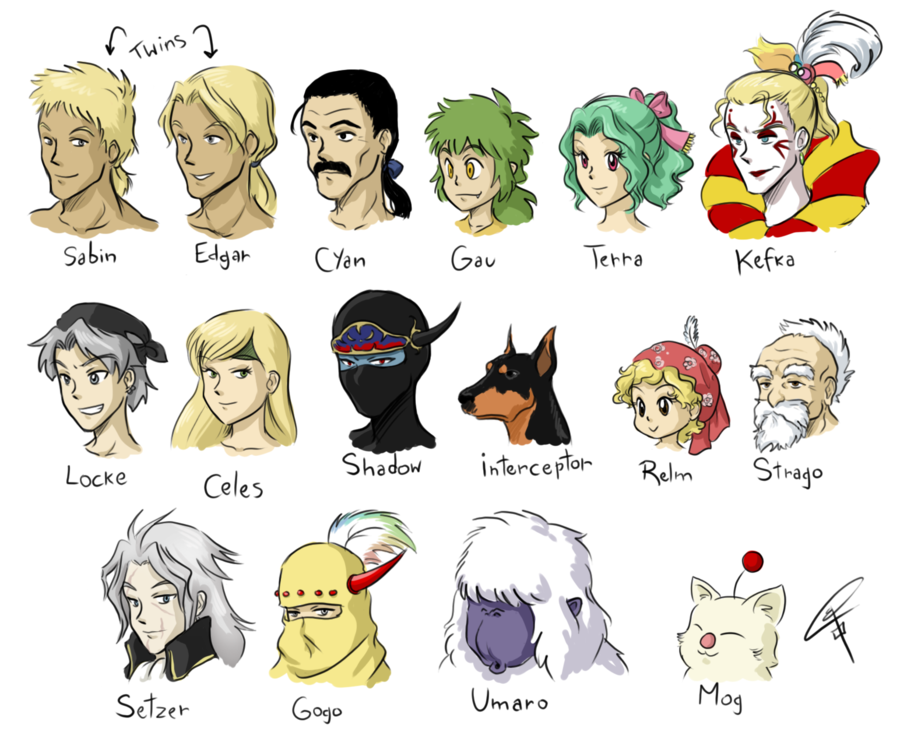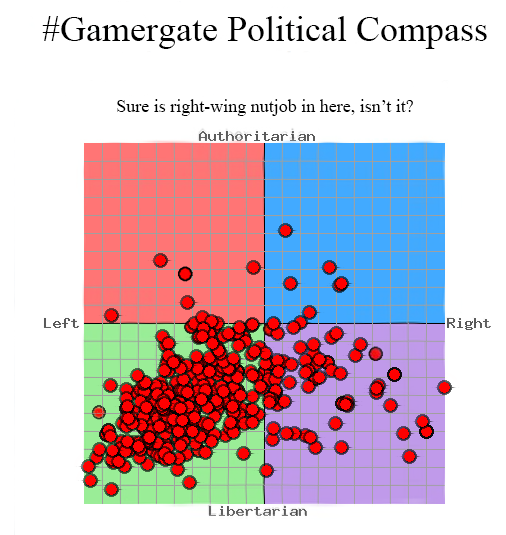Ben:
Song: #####.1 by #####Album: It's Album Time by Todd Terje
Musician: The Pizza Underground
Movie: Grand Budapest Hotel, but I'm ashamed to say I only saw five
Book: Pale Fire by Vladimir Nabokov
Restaurant: Rex and Mariano, Soho (runner up The Manor, Clapham)
Favourite article: I Can Tolerate Anything Except the Outgroup, by Scott Alexander
Favourite moment: #Gamergate
Favourite person: Scottish highlander on BBC Question Time
Kate:
Song: Wild Child by Kenny Chesney, with Grace Potter
Album: 1989 by Taylor Swift
Musician: Jason Aldean (for continuing his tradition of writing songs about trucks)
Movie: Magic in the Moonlight
Book: Goodbye, Mr Chips by James Hilton (1939)
Article: Bring Back the Girls - Quietly by Peggy Noonan (WSJ)
Political moment: #Bridgegate
Person: Senator-elect Cory Gardner, CO (I have now forgiven Colorado for their nightmare decision in 2012. Ohio, on the other hand, I am still not speaking to)
Charlotte:
Song: minipops 67 [120.2][source field mix] by Aphex Twin (because it only took 13 years to come out proper)
Album: Rivers of the Red Planet by Max Graef (jazz/hip-hop/house, good background music)
Musician: Kate Bush (the year I got round to listening to her albums)
Movie: Under the Skin (amazingly shot)
Book: Perfume: The Story of a Murderer by Patrick Suskind (one of the few I actually read)
Restaurant: Bone Daddies, Soho (who can't love a huge bowl of pig fat & garlic)
Article: The Socialist Origins of Big Data - The New Yorker (on Chile's project Cybersyn)
Political Moment: The world thinking Kim Jung Il's public absence was because he broke both his ankles because he ate so much Emmenthal (because obviously)
Person: Shia LaBeouf (for everything he's given us)
Sophie:
Single: Shake It Off by Taylor Swift (I do not enjoy this song but LOVE watching Charity, one of my best friends and Swift’s greatest fan, singing it)
Album: Artpop by Lady Gaga (the pop genius’s works are not only the epitome of freedom of expression and individualism but Gaga demonstrates the natural force with which the world sucks up anything walking into a gaping hole in the market)
Musician: Kate Bush (my eyes opened to her brilliance and creations this year by Sam, her sounds and voice open creative avenues in my mind)
Movie: La Grand Bellezza (released 2013 but watched this year, you MUST see this, it’s an indulgent party for the senses to devour)
Book: The Rational Optimist by Matt Ridley (only read this year though it was released in 2010)
Restaurant: Le Relais de Venise, Mansion House (holds fond memories of both an amazing steak and my first time dining with the ASI team)
Political moment: remaining a United Kingdom (were endless obscure and hilarious ones in 2014, though building up to the referendum for two years and the elation experienced at the result makes this undoubtably number 1)
Person: Malala Yousafzai (the 17-year-old global role model is courageous, ambitious and hard-working, existing to fight for others’ education—I was reduced to tears of inspiration when she spoke at my university)
Nick:
Song: Fancy by Iggy Azalea and Charli XCX (albeit for entirely non-I-G-G-Y related reasons)
Album: Kenny Dennis III by Serengeti (see No Beginner, Off/On)
Musician: Jonwayne (partly for being the neckbeardiest rapper/producer going - see Andrew, Be Honest)
Movie: Locke (of the four or so I watched)
Book: Time's Arrow by Martin Amis (1991) or The Rise of the Meritocracy (1958) by Matthew Young (honourable mentions to We by Yevgeny Zamyatin (1921) and Girl, 20 by Kingsley Amis (1971))
Restaurant: Jam Jar, Jesmond, Newcastle, if only for their Cow vs. Pig burger
Article: ‘Tories should turn their backs on Clacton’ and ‘Voters, not the politicians, are out of touch’ by Matthew Parris, King of trolls (Times)
Political moment: The UKIP defections and the resulting betting, which netted me a sum of no less than £10
Person: For me, 2014 was the year of the unimullet (s/o r/YoutubeHaiku)
Sam:
Song: Attachment by Hannah Diamond (My top 50 singles of the year are here, Youtube playlist link here)
Album: It's Album Time by Todd Terje (Thanks Ben for introducing me. I also enjoyed FKA Twigs's album LP1 and got into Susanne Sundfor in a big way this year)
Musician: AG Cook / the PC Music grouping in general
Movie: Interstellar (but I only saw about 5 films all year)
Book: Vanished Kingdoms by Norman Davies (Worth it for the chapter on the Kingdom of Dumbarton Rock alone. Matt Ridley's The Red Queen, on the evolutionary biology of sex, was a close runner-up)
Restaurant: Santana Grill (a burrito stand on Strutton Ground near the office—just delicious; I also ate at KFC at lot)
Article: An open letter to open-minded progressives, by Mencius Moldbug (I disagree with much of Moldbug's work, but I can't think of a more interesting contemporary political thinker)
Podcast: Serial
Political moment: Shinzo Abe storming to victory in Japan (also for his amazingly awkward handshake with Xi Jinping)
Person: Richard Dawkins (boring as an atheist, brilliant as Social Justice Warrior-bait)
Philip:
Song: Turn Down for What by DJ Snake and Lil Jon
Album: Syro by Aphex Twin
Musician: Matador
Movie: Guardians of the Galaxy
Book: Intuition Pumps and Other Tools for Thinking by Daniel Dennett
Restaurant: Gymkhana, Mayfair
Article / blogpost: How Farming Almost Destroyed Ancient Human Civilization by Annalee Newitz
Political moment: The landing of the Rosetta spacecraft's Philae probe on Comet 67P
Person: David Sinclair (for his work on lifespan extension)









